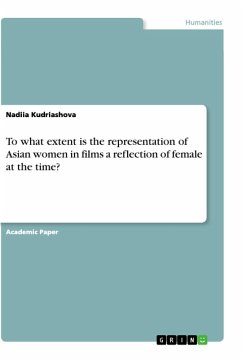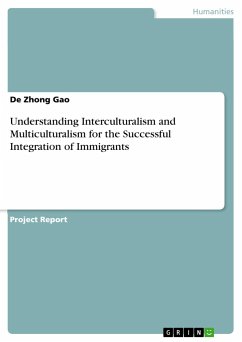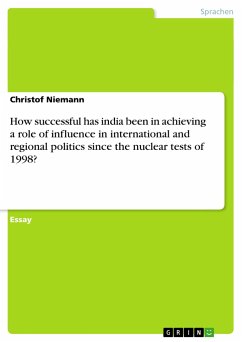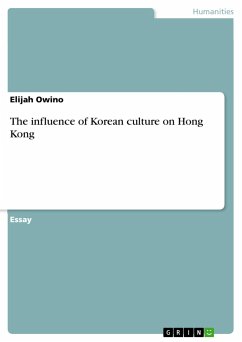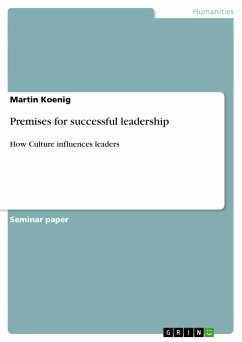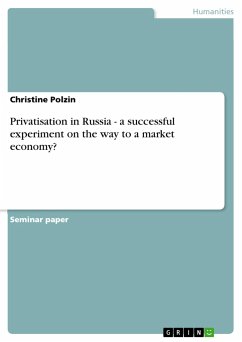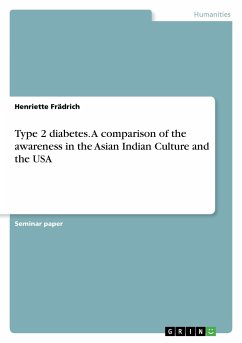Essay from the year 2016 in the subject South Asian Studies, South-Eastern Asian Studies, grade: A-, The British University in Egypt, course: The Rise of Asia, language: English, abstract: Up until recently (around the early 1960s ) South Korea, Taiwan, Singapore and Hong Kong ( today's traditional "Asian Tigers") alongside with other emerging economies including China, Japan, Vietnam, Indonesia, India and Malaysia; were considered to be a part of the third world and often depicted in the lights of backward economics and underdevelopment. However since the 1997 Asian Financial crisis, a fast bounce back and an accelerated economic take off was noted in academia under the title of 'Asian Miracle'. The four Tigers alongside with the other emerging Asian economies have successfully managed to take off in a rare manner never witnessed before in terms of the third world development. This paper will critically discuss whether there are lessons to be learnt from these Asian economies arguing that the main reason for their success is a strong political/state leadership alongside with some help in the shape of US aid. Furthermore, the argument will state that the political leadership of these Asian states has adopted the long term development strategies with the use of these different tools: Education, technology, cheap Labor, natural resources, infant industries, trade, geography and the allocation of aid.


